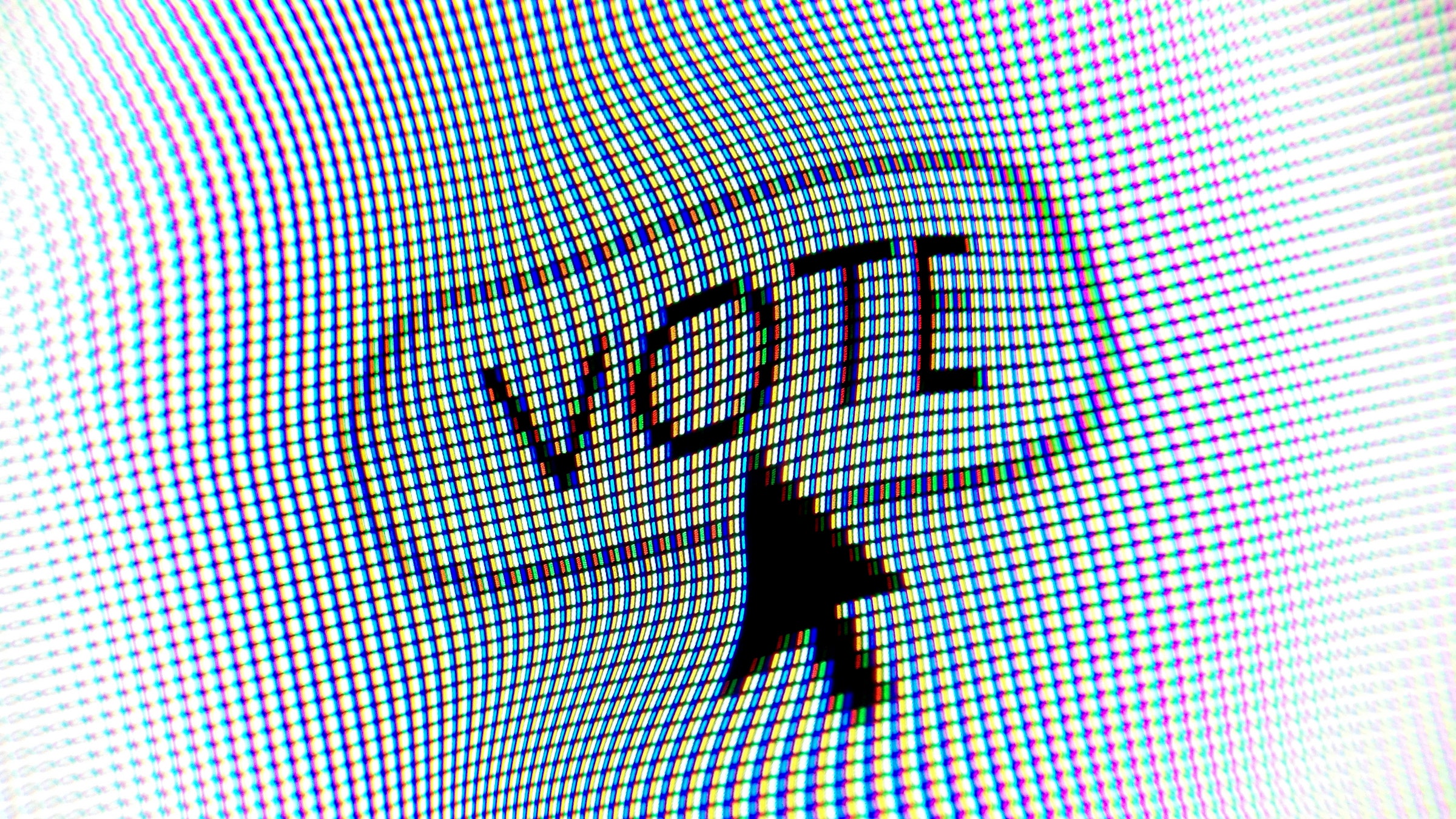
Twitter’s ‘Vox Populi’ Is a Lie
In the year 798, the noted scholar Alcuin of York penned a letter to Charlemagne, King of the Franks and Lombards, to (as was his wont) advise the mighty king on affairs of state. Writing in Latin, he said to his king and patron: Nec audiendi qui solent dicere, Vox populi, vox Dei, quum tumultuositas vulgi semper insaniae proxima sit—“And those people should not be listened to who keep saying the voice of the people is the voice of God, since the riotousness of the crowd is always very close to madness.”
I do wonder whether the old monk would be pleased at how many enthusiastic new admirers he’s gained on Twitter. So many have cited these words as proof that Elon Musk’s now infamous invocation of “vox populi, vox Dei” after his Twitter polls—which supposedly guide his policy implementation on the platform—is ignorant. “He foolishly fails to cite the whole phrase! It was a warning!” they cry.
But like so many quasi-learned tweeters, they miss essential context. Though Alcuin is often credited with the phrase, it’s clear he was putting his spin on a common aphorism. And his purpose was resolutely anti-democratic. As the early 20th-century writer Rolph Barlow Page put it in his own book on the subject: “Thus Alcuin, while enjoining upon the lords the necessity of being just and merciful towards the people, felt that the latter ought to obey a just ruler with thankful hearts.”
One suspects Musk might like that interpretation. And why wouldn’t he? He’s not a democrat. A more contemporary vox populi reference might better suit Musk’s Potemkin plebiscites. In the 1976 movie Network, a nightly news anchor goes mad and finds a gold mine of ratings by becoming the “mad prophet of the airwaves.” His show becomes a veritable carnival, with one of the side acts being Vox Populi, a segment showing the latest polls of public opinion. Screenwriter Paddy Chayefsky anticipated the many peccadilloes of cable news that were just over the horizon, but also a bit of social media and its impulsive, libidinal urges thinly disguised by data. Musk’s invocation of vox populi after his polls is almost too perfect a callback to Network’s nightly news carnival: a poll of public opinion with no methodology to be seen, masquerading as a meaningful vote on the polity’s future.
I don’t think social media is condemned to this, however. If the internet is to have a future, then we’re going to have to figure out how to do democracy here in an orderly fashion. Whatever else may be said of Musk’s disastrous, fascist-enabling tenure at Twitter, it serves as a reminder that the other, slightly more benevolent dictatorships that govern social media also aren’t working—Twitter’s previous incarnation, as well as Facebook and others, have led us to one disaster after another—and the resentment this builds up leaves the public vulnerable to exploitation by a capitalistic hustler using the aesthetics of democracy to disguise their own imperial power.
But before we can get at the prospect of more durable solution, it’s worth understanding why the Twitter polls are such charlatanry.
First, Musk’s polls are more like push polls—surveys designed to produce a specific result by using manipulative or biased questions. In his first of two polls about unbanning several journalists whom he had suspended from the site for reporting critically on him, he framed the question by asking: “Unsuspend accounts who doxxed my exact location in real-time: now, tomorrow, 7 days from now, longer?” When none of the four options received above 50 percent, he scrapped the poll, though “now” won the plurality with 43 percent. The next poll offered only two options: now or seven days. But the brazen question remained, presenting it as axiomatic that the journalists doxxed his exact location when none of them did. It should be obvious why such framing is coercive and frowned on by reputable pollsters and statisticians.

